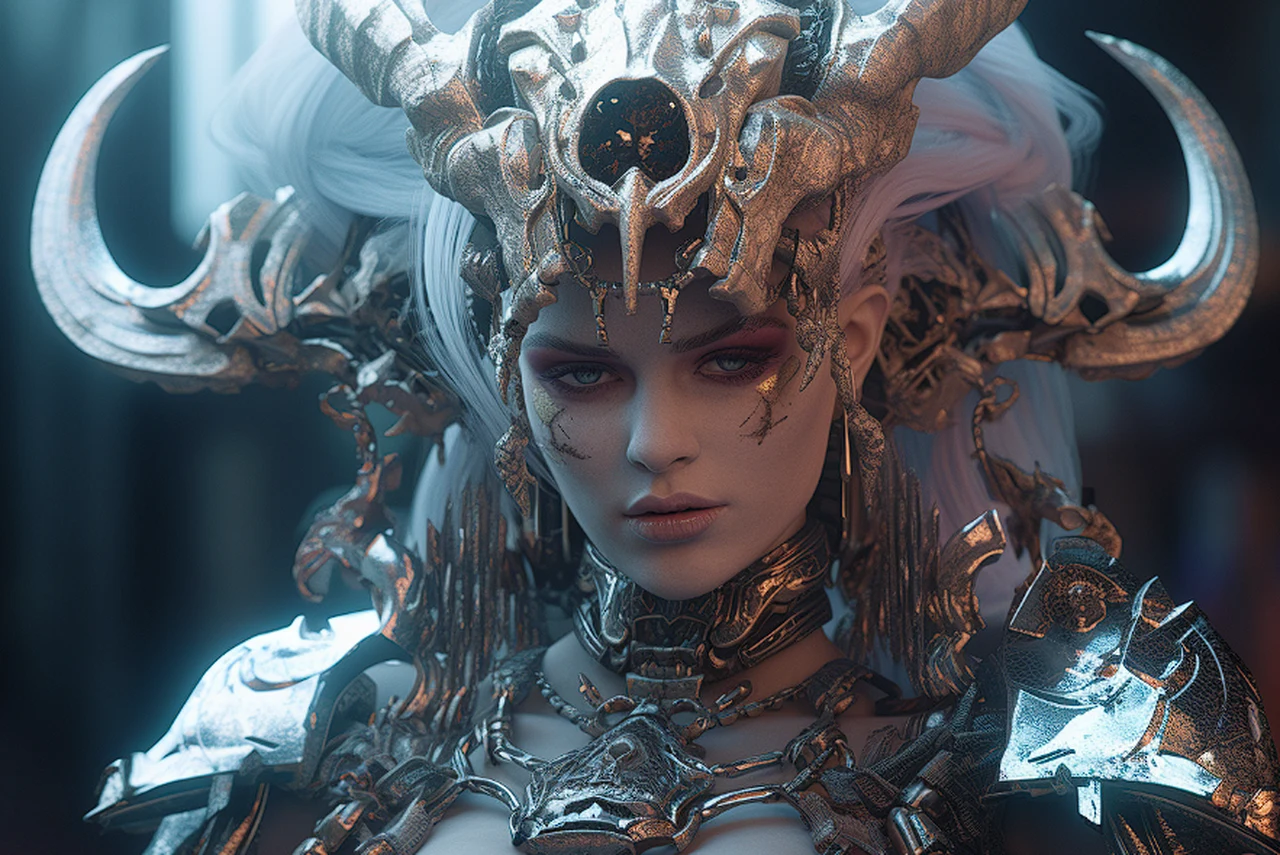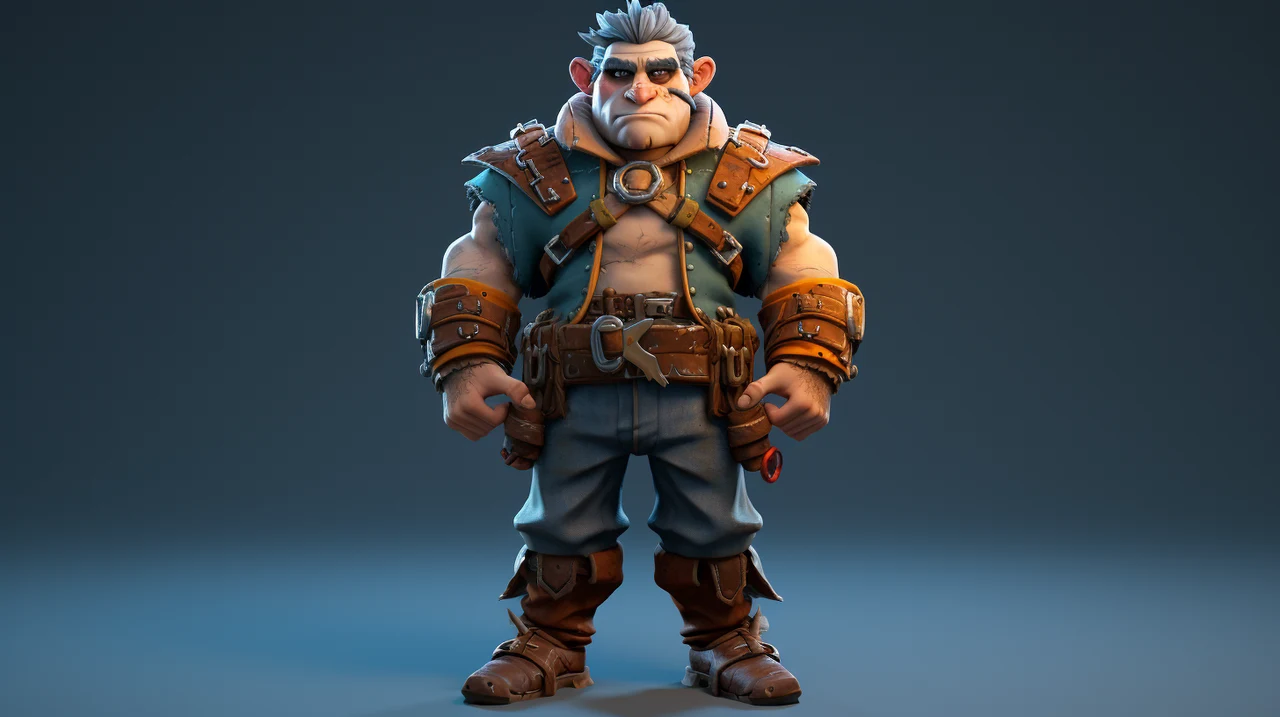
Game designers looking to add extra personality to their in game characters might be interested in learning more about Inworld Ai. A system that offers a fully integrated character engine for NPCs powered by artificial intelligence that goes beyond large language models (LLMs). Adding configurable safety, knowledge, memory, narrative controls, multimodality, and more.
These new AI tool available to developers can be easily integrated into games, and have been specifically designed to aid developers in crafting more realistic and engaging characters in their games. Unlike traditional game NPC characters, who can sometimes feel a bit robotic or predictable, AI offers an NPC character engine that’s powered by advanced artificial intelligence. It’s not just about making characters talk or move; it’s about giving them a unique personality and letting them interact with the game environment and players in a more lifelike way.

“Step into a world where NPCs are more than just side characters. Powered by AI, Inworld NPCs possess a mind of their own, unlocking next-level role-playing and unreal immersion. See them in action in experiences from NetEase Games, Niantic, LG, Neal Stephenson, and in community-created mods of GTA V and Skyrim.“
Enabling game designers to create and build a wealth of characters with distinct personalities and contextual awareness that stay in-world. As well as seamlessly integrate them into real-time applications, with optimization for scale and performance built-in.
AI NPC characters
Imagine you’re playing your favorite video game, and suddenly an NPC character you had helped in a previous mission recognizes you and thanks you for your assistance. Or perhaps, an adversary learns from your moves and adapts its tactics, making the game more challenging. Sounds futuristic, right? But it’s becoming a reality.
Other articles we have written that you may find of interest on the subject of AI and gaming :

Adapting to gameplay
One of the standout features is the ability for these characters to remember interactions. Let’s say you’re playing a role-playing game and you save a character from danger. The next time you encounter them, they might recall your good deed and express their gratitude. This adds depth to the gameplay, making players feel a stronger connection to the game world.
Gone are the days when opponents in games had a set pattern of moves. With AI if you, for example, always rely on a specific attack move in a combat game, the enemy characters will catch on. They’ll start predicting your moves and countering them, keeping you on your toes!
Feeling the emotions
Characters in games can now show emotions. For instance if there’s a dramatic event in the game, you might see characters expressing sadness, joy, or fear. Their facial expressions, voice tones, and actions can all change based on what’s happening, making the game environment feel more real.
Choose your own adventure
Another cool feature is dynamic storytelling. Your decisions in the game can lead to different outcomes. Maybe in one playthrough, you decide to befriend a character, leading to one storyline, while in another, you might become adversaries, leading to a completely different story. This not only adds depth but also makes you want to play the game multiple times to see all possible outcomes.
AI services such as Inworld and others also helps designers create a wide variety of characters. Instead of having repetitive-looking characters, the game can now have NPCs with unique personalities and backgrounds. Plus, in scenes with multiple characters, they can behave realistically. Think of a group of characters moving together in coordination or reacting collectively to an event in the game.

The gaming world is on the brink of a communication revolution. Gone are the days when players would simply select from a list of pre-written dialogue options to interact with non-playable characters (NPCs) in video games. With the rapid evolution of technology, particularly in artificial intelligence, the way we converse with game characters is undergoing a transformative shift.
Today’s advancements in artificial intelligence are striving to offer a more organic and fluid communication experience in games. Instead of being limited to a set of responses, players can now initiate spontaneous conversations, pose questions, or even engage in small talk with NPCs. The goal is to make these characters more than just programmed entities; they are envisioned to be responsive beings that can understand player input and generate coherent, contextually relevant replies.
As technology continues to evolve, the boundaries between the virtual and real worlds blur, especially in terms of communication. The prospect of having deeper, more meaningful interactions with game characters promises a future where games mirror the complexity and richness of real-world conversations.
Filed Under: Guides, Top News
Latest timeswonderful Deals
Disclosure: Some of our articles include affiliate links. If you buy something through one of these links, timeswonderful may earn an affiliate commission. Learn about our Disclosure Policy.

